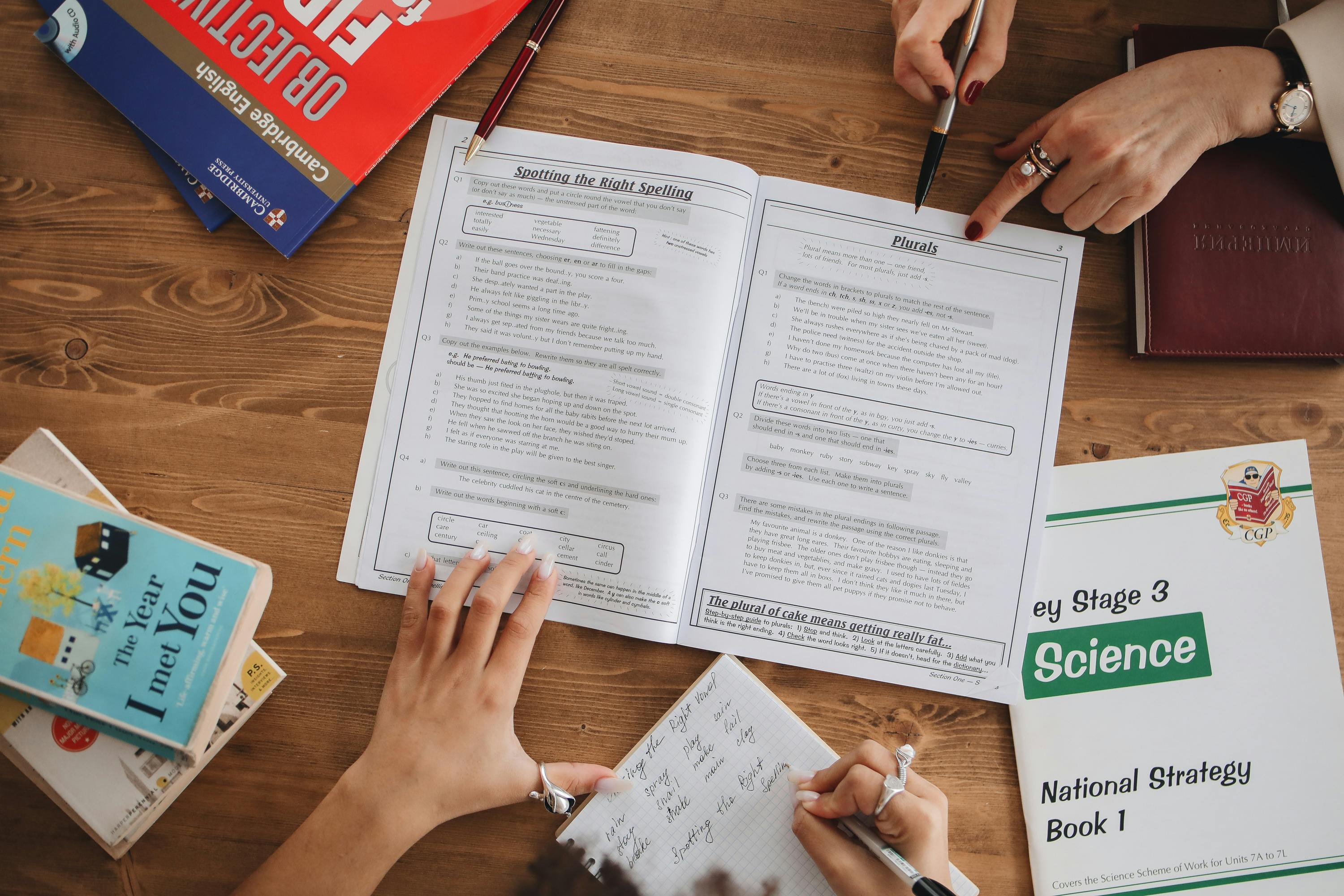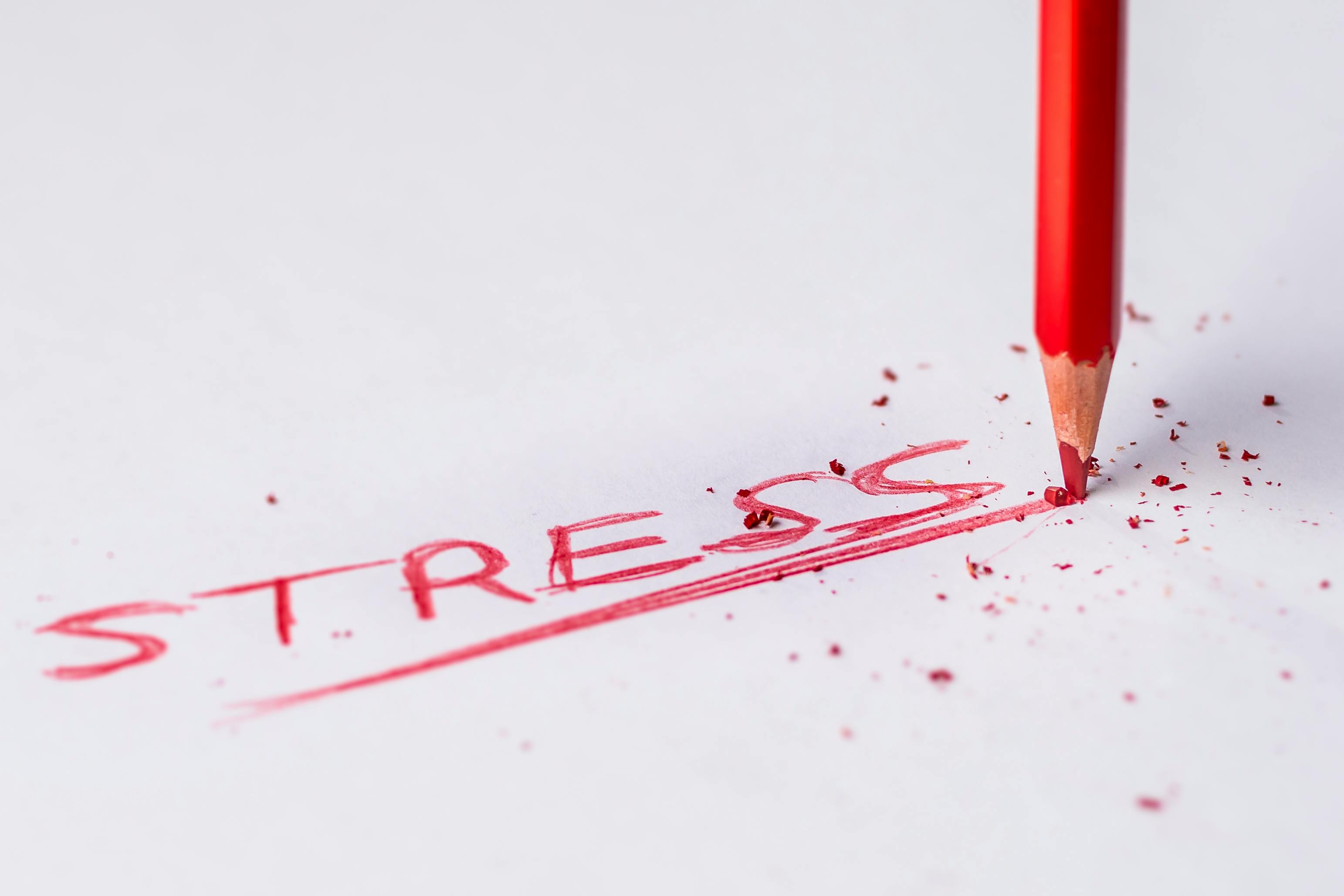Nine Surprising Paths to Sharpening Your Mind's Recall Power
In an era characterized by an overwhelming influx of information, the ability to recall details with precision has become a coveted skill. While many may believe that memory is a fixed trait, research suggests otherwise. The human brain is remarkably adaptable, capable of improving its recall power through targeted strategies. This article unveils nine surprising paths to sharpening your mind's recall power, each grounded in scientific research and practical application. From dietary choices to mindfulness techniques, these pathways offer unique insights into enhancing memory, providing a comprehensive guide for anyone seeking to boost their cognitive abilities.
The Power of Sleep: Memory Consolidation

Sleep is often underestimated as a tool for enhancing memory, yet it plays a critical role in the consolidation of information. During sleep, particularly during the REM and deep sleep stages, the brain processes and organizes new information, transforming short-term memories into long-term storage. Studies have shown that adequate sleep not only improves recall but also enhances problem-solving skills and creativity. By prioritizing a regular sleep schedule and creating a conducive sleep environment, individuals can significantly enhance their memory retention, making sleep a foundational pillar in the quest for improved recall.
Nutritional Neuroscience: Feeding Your Brain

The connection between diet and cognitive function is a burgeoning field of study, with compelling evidence supporting the role of nutrition in memory enhancement. Foods rich in omega-3 fatty acids, antioxidants, and vitamins, such as fish, berries, and leafy greens, have been shown to improve brain health and memory. Furthermore, the Mediterranean diet, characterized by its focus on whole foods and healthy fats, has been linked to a reduced risk of cognitive decline. By adopting a diet that prioritizes brain-friendly nutrients, individuals can fortify their cognitive functions and bolster their memory capabilities.
Mindfulness Meditation: Enhancing Focus and Recall

Mindfulness meditation, a practice rooted in ancient traditions, has gained traction in contemporary science for its cognitive benefits. Regular meditation practice has been associated with improved attention span, better focus, and enhanced memory recall. By training the mind to remain present and attentive, meditation reduces cognitive load, allowing for more efficient processing and retrieval of information. Incorporating mindfulness techniques into daily routines can lead to a more disciplined mind, capable of recalling information with greater ease and precision.
Physical Exercise: Boosting Brain Function

Physical exercise is not only beneficial for the body but also for the brain, playing a pivotal role in enhancing memory and cognitive function. Aerobic exercise, in particular, increases blood flow to the brain, promoting the growth of new neurons and improving synaptic plasticity. This neurogenesis is crucial for memory formation and retention. Regular physical activity has been shown to improve mood, reduce stress, and enhance overall cognitive performance, making it an indispensable component of a memory-enhancing regimen.
Social Interaction: Cognitive Stimulation

Engaging in meaningful social interactions provides more than just emotional benefits; it is also a powerful tool for cognitive stimulation. Conversations and social activities challenge the brain to process complex information, recall past experiences, and form new memories. Studies have demonstrated that individuals with active social lives have a lower risk of cognitive decline and better memory performance. By fostering strong social connections and participating in group activities, individuals can create a dynamic environment that supports memory enhancement.
Learning a New Skill: Cognitive Flexibility

Acquiring a new skill, whether it be a language, musical instrument, or craft, engages the brain in novel ways, enhancing cognitive flexibility and memory. The process of learning stimulates different areas of the brain, fostering new neural connections and strengthening existing ones. This cognitive challenge not only improves memory but also enhances problem-solving abilities and creativity. Embracing lifelong learning and seeking out new experiences can significantly boost memory recall and cognitive resilience.
Memory Techniques: Mnemonics and Visualization

Mnemonic devices and visualization techniques are time-tested strategies for improving memory recall. By creating vivid mental images or associating information with familiar concepts, these techniques make it easier to retrieve memories. For example, the method of loci, which involves visualizing information in specific locations within a familiar environment, has been used for centuries to enhance memory. By practicing these techniques, individuals can develop a more efficient and reliable memory system, capable of recalling complex information with ease.
Technology and Memory: Balancing Digital Aids

In the digital age, technology offers both challenges and opportunities for memory enhancement. While reliance on digital devices can lead to cognitive offloading, strategic use of technology can support memory recall. Apps and tools designed for memory training, such as spaced repetition software, can aid in the retention of information. However, it is crucial to strike a balance, using technology as a supplement rather than a crutch. By leveraging digital aids wisely, individuals can enhance their memory while maintaining cognitive independence.
Stress Management: Protecting Cognitive Health

Chronic stress is a significant impediment to memory and cognitive function, impairing the brain's ability to process and recall information. Stress triggers the release of cortisol, a hormone that, in excess, can damage the hippocampus, the brain's memory center. Effective stress management techniques, such as deep breathing, yoga, and time management, can mitigate these effects and protect cognitive health. By prioritizing stress reduction, individuals can create a mental environment conducive to memory enhancement and cognitive longevity.
The Synergy of Memory Enhancement

The journey to sharpening your mind's recall power is multifaceted, involving a synergy of lifestyle changes, cognitive strategies, and mindful practices. By integrating these nine surprising paths into daily life, individuals can unlock their brain's potential and achieve greater memory recall. This holistic approach not only enhances cognitive function but also promotes overall well-being, paving the way for a more vibrant and intellectually fulfilling life. Embrace these strategies and embark on a transformative journey towards a sharper, more resilient mind.